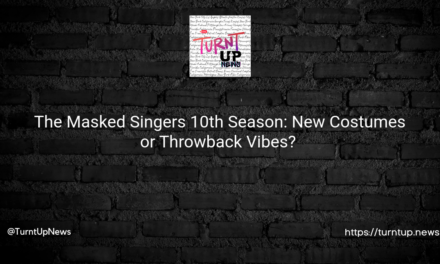💦💣 “Water Warriors Triumph: U.S. Army Corps 86’s Minnesota Mine Permit!” 🏹⛔
TL;DR;
In a sweeping victory for both nature and tribal sovereignty, the U.S. Army Corps of Engineers has canned the key federal permit for the planned NewRange Copper Nickel mine in Minnesota, aka PolyMet. The move echoes the call for adherence to the water quality standards upheld by the Fond du Lac Band of Lake Superior Chippewa, who are downstream from the proposed site.💧🍃
🌎🔬Starting Off: A Triumph for the Water, Tribe, and Science
For those thirsty for a taste of justice, the U.S. Army Corps has served up a refreshing glass of cool, clean water this week by revoking the Clean Water Act permit for the PolyMet mine. But why should we care? Well, this decision is a colossal win for tribal sovereignty, science, and the law. It’s like the Avengers of environmental victories, but who’s really behind this super team-up? 💪🔥
🏹🌲The Guardians of the Water: Fond du Lac Band of Lake Superior Chippewa
The Fond du Lac Band of Lake Superior Chippewa, a sovereign tribe whose reservation sits downstream from the proposed mine, are like the guardians of the galaxy, but for water quality. 🌌💦Their stringent regulations, especially concerning mercury and other pollutants, are even tighter than the state’s! No surprise there, since they have the fish and wild rice of their members’ diets and culture to protect. 🎣🍚 But how did these guardians manage to halt a giant mining company in its tracks?
📜⚖️Enter the Law: The Clean Water Act
The Army Corps initially awarded PolyMet the Clean Water Act permit in 2019, asserting that the project complied with all applicable federal laws and regulations. 📚💼But the permit was suspended in 2021 at the request of the Environmental Protection Agency (EPA), who wanted to study the effects downstream on the Band’s reservation and the Wisconsin waters of the St. Louis River. When the tribe showed that the mine would violate its water quality regulations, the EPA agreed, recommending that the Corps should not reinstate the permit.📈🌊
🤔💡So What’s Next?
With the permit revoked, the mine’s future is hanging in the balance. 🏗️⛔NewRange Copper Nickel, however, isn’t down for the count yet. They can still submit a new permit application with modifications to ensure compliance with the tribe’s water quality requirements. But is it just a matter of paperwork, or will the company have to go back to the drawing board?
Despite the roadblock, NewRange remains confident that their project could deliver a responsibly sourced supply of critical minerals needed for the clean energy economy. They even argue that their proposed water treatment and management processes would actually reduce sulfate and mercury levels in the St. Louis River system. But can they convince the guardians downstream? 🌊🛡️
In the end, it seems like this victory for the water, for the tribe, and for science is also a victory for us all. Or is it? Could this decision instead increase reliance on foreign sources for these critical minerals?
🧐✨Is it a straightforward choice between protecting our water and sourcing minerals for the green economy? And is it possible to achieve both without sacrificing the other? Over to you, eco-warriors! What do you think?





